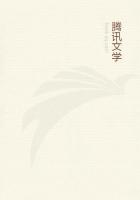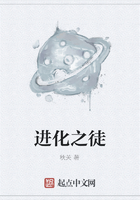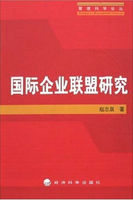Income, Capital1.In a primitive community each family is nearly self-sufficing, and provides most of its own food and clothing and even household furniture.Only a very small part of the income, or comings in, of the family is in the form of money;when one thinks of their income at all, one reckons in the benefits which they get from their cooking utensils, just as much as those which they get from their plough: one draws no distinction between their capital and the rest of their accumulated stock, to which the cooking utensils and the plough alike belong.(1*)But with the growth of a money economy there has been a strong tendency to confine the notion of income to those incomings which are in the form of money; including "payments in kind" (such as the free use of a house, free coals, gas, water), which are given as part of an employee's remuneration, and in lieu of money payments.
In harmony with this meaning of Income, the language of the market-place commonly regards a man's capital as that part of his wealth which he devotes to acquiring an income in the form of money; or, more generally, to acquisition (Erwerbung) by means of trade.It may be convenient sometimes to speak of this as his trade capital; which may be defined to consist of those external goods which a person uses in his trade, either holding them to be sold for money or applying them to produce things that are to be sold for money.Among its conspicuous elements are such things as the factory and the business plant of a manufacturer; that is, his machinery, his raw material, any food, clothing, and house-room that he may hold for the use of his employees, and the goodwill of his business.
To the things in his possession must be added those to which he has a right and from which he is drawing income: including loans which he has made on mortgage or in other ways, and all the command over capital which he may hold under the complex forms of the modern "money market." On the other hand debts owed by him must be deducted from his capital.
This definition of capital from the individual or business point of view is firmly established in ordinary usage; and it will be assumed throughout the present treatise whenever we are discussing problems relating to business in general, and in particular to the supply of any particular group of commodities for sale in open market.Income and capital will be discussed from the point of view of private business in the first half of the chapter; and afterwards the social point of view will be considered.
2.If a person is engaged in business, he is sure to have to incur certain outgoings for raw material, the hire of labour, etc.And, in that case, his true or net income is found by deducting from his gross income "the outgoings that belong to its production."(2*)Anything which a person does for which he is paid directly or indirectly in money, swells his nominal income; while no services that he performs for himself are commonly reckoned as adding to his nominal income.But, though it is best generally to neglect them when they are trivial, account should for consistency be taken of them, when they are of a kind which people commonly pay for having done for them.Thus a woman who makes her own clothes or a man who digs in his own garden or repairs his own house, is earning income; just as would the dressmaker, gardener or carpenter who might be hired to do the work.
In this connection we may introduce a term of which we shall have to make frequent use hereafter.The need for it arises from the fact that every occupation involves other disadvantages besides the fatigue of the work required in it, and every occupation offers other advantages besides the receipt of money wages.The true reward which an occupation offers to labour has to be calculated by deducting the money value of all its disadvantages from that of all its advantages; and we may describe this true reward as the net advantages of the occupation.
The payment made by a borrower for the use of a loan for, say, a year is expressed as the ratio which that payment bears to the loan, and is called interest.And this term is also used more broadly to represent the money equivalent of the whole income which is derived from capital.It is commonly expressed as a certain percentage on the "capital" sum of the loan.Whenever this is done the capital must not be regarded as a stock of things in general.It must be regarded as a stock of one particular thing, money, which is taken to represent them.Thus ?00 may be lent at four per cent., that is for an interest of ?
yearly.And, if a man employs in business a capital stock of goods of various kinds which are estimated as worth ?0,000 in all; then ?00 a year may be said to represent interest at the rate of four per cent.on that capital, on the supposition that the aggregate money value of the things which constitute it has remained unchanged.He would not, however, be willing to continue the business unless he expected his total net gains from it to exceed interest on his capital at the current rate.These gains are called profits.
The command over goods to a given money value, which can be applied to any purpose, is often described as "free" or "floating" capital.(3*)When a man is engaged in business, his profits for the year are the excess of his receipts from his business during the year over his outlay for his business.The difference between the value of his stock of plant, material, etc.at the end and at the beginning of the year is taken as part of his receipts or as part of his outlay, according as there has been an increase or decrease of value.What remains of his profits after deducting interest on his capital at the current rate (allowing, where necessary, for insurance) is generally called his earnings of undertaking or management.The ratio in which his profits for the year stand to his capital is spoken of as his rate of profits.

